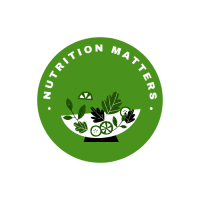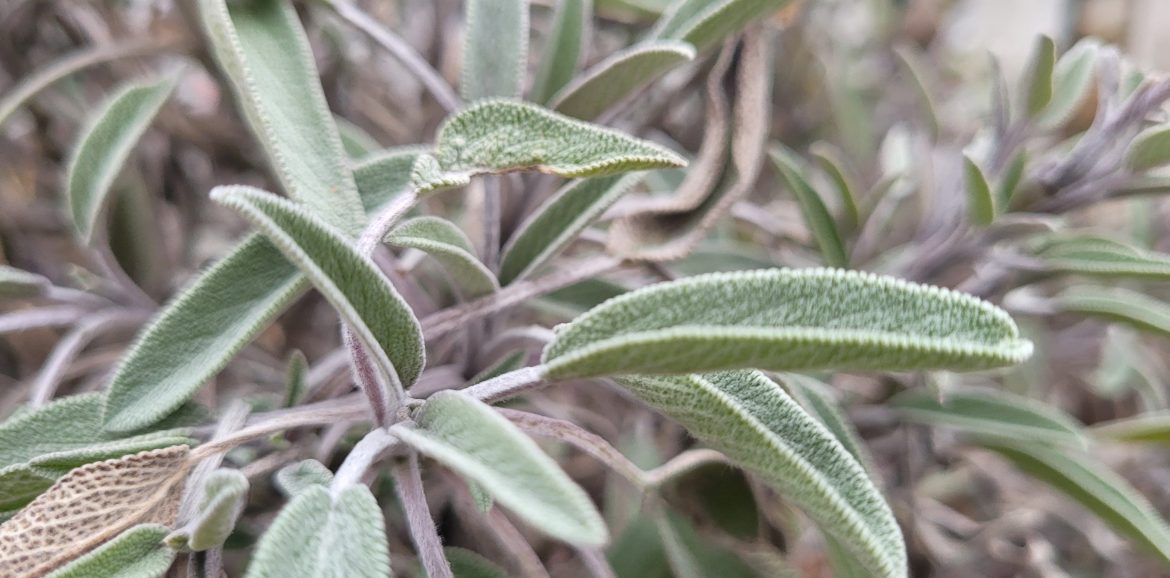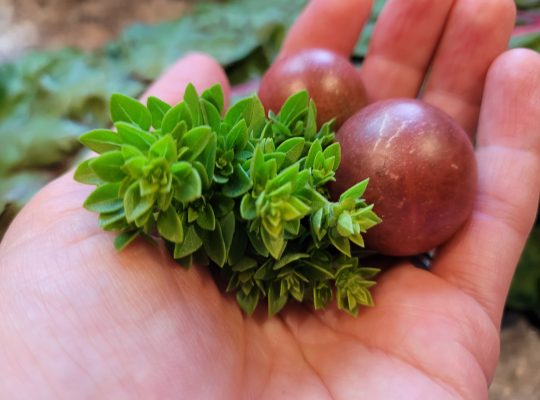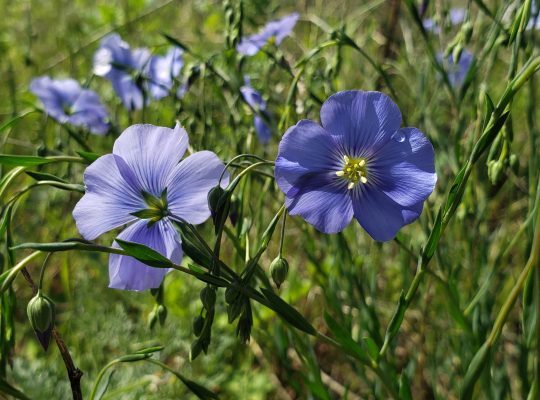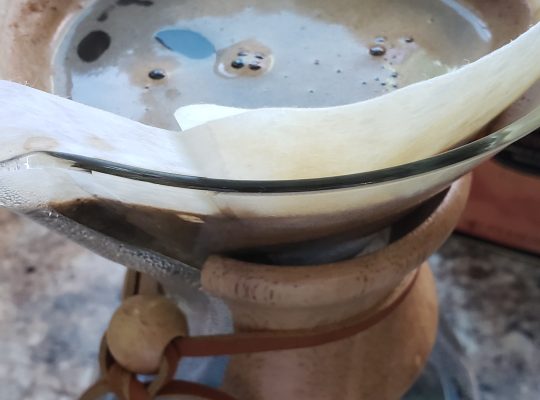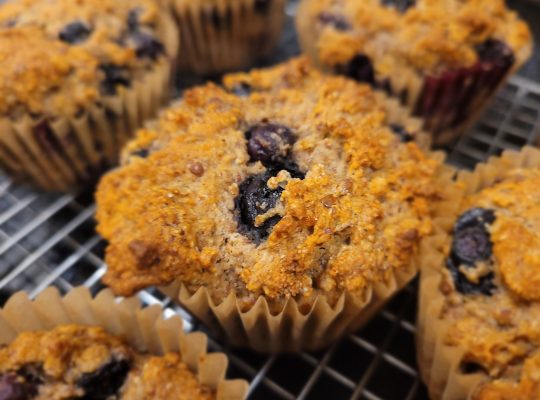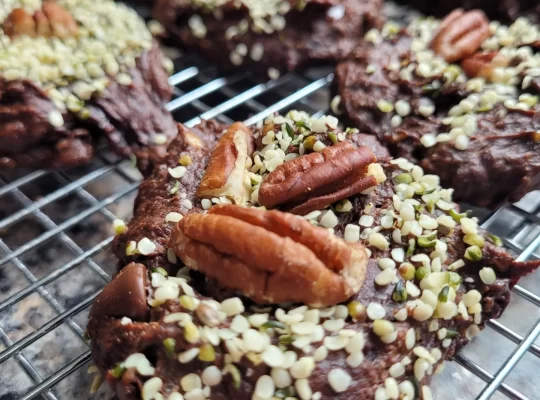Do you drink tea?
I hope you do, because certain kinds can reduce your risk of chronic disease and keep your brain sharp. Also, what’s easier to prepare than a cup of tea?
Growing up, we always had a kettle on the stove during the colder months, ready to brew a cup of tea. We had an old-fashioned stove that served as a heater for the kitchen as well, and it was as cozy as you are picturing it right now. The usual tea choices were chamomile, peppermint, basil, elder or rosehip.
The comfort of a freshly-brewed cup of tea is unmatched: the subtle flavours developing as you pour the hot water, the warmth you soak up as you wrap your hands around the mug, and ultimately the soothing pleasure of each sip.
OK, go make yourself a cup, I’ll wait.
Keep it clean
No matter your taste, stick with the real stuff. Just leaves, flowers, or roots, whatever part of the plant is to end up in your cup, but steer clear of flavours and colours. Nature provides enough of both, subtle as they may be in a cup of tea.
Oh, and no plastic tea bags. Ever. There is too much plastic already and the microplastics released from those mesh tea bags is the last thing we need. Not to mention, you’re actually drinking plastic when you use them, which defeats the health purpose.
In fact, a study released just a couple of days ago delivered some astonishing news: living humans have plastic in their lungs. And it’s been found in our blood too. Yikes!! Go for paper tea bags, better yet, a stainless-steel tea ball.
So, what’s in a cup of tea anyway?
Short answer: lots (and lots) of beneficial compounds, including minerals, antioxidants and various phytochemicals!
White, green, oolong or black tea come from the same plant called Camellia sinensis, and they differ in how they are harvested and processed afterwards. For white tea, leaves are picked before full maturity. The rest are picked when mature, but processed differently.
They have a wide array of polyphenols, and green tea in particular has high levels of the one called epigallocatechin gallate (EGCG), which has been shown to improve overall health.
Herbs also come with their plethora of health-promoting benefits, see below.
Have a cup of green tea, or a few, every day
Yes, please do, because green tea may:
- Lower the risk of certain cancers (breast, ovarian, prostate, colorectal)
- Improve brain health and reduce the risk of neurodegenerative disease, such as Alzheimer’s disease
- Reduce cholesterol, lower blood pressure, and reduce the risk of heart disease and stroke
- Reduce the risk of type 2 diabetes and obesity, by increasing metabolic rate and controlling the hunger-stimulating hormones.
A bit of a miracle brew, no? It is, in many ways, with lots of research to back it up, but… it works better when we complement it with healthy food choices.
What about black and white tea?
Regular black tea consumption was also found to reduce the risk of heart disease, stroke, and cancer. Skip the milk though, as it was shown to blunt the health effects (sorry!). A note of caution: black tea can reduce iron absorption, so if you are anemic, you may want to alternate your brews and avoid having black tea with meals.
All teas from this family contain caffeine, though there’s less in green tea, and lesser yet in white.
If you favour white tea, boost the antioxidant levels by adding some lemon to it. Also, cold-steeped white tea seems to retain more healthy compounds (just add cold water to tea and steep for at least two hours).
And herbal brews…
Yes, a big yes! Whether you grow them, which is a great addition to your veggie garden, or purchase them, the benefits are amazing.
- Sage. Great for memory and attention, and it can reduce the frequency and intensity of hot flashes and night sweats during menopause, which means better sleep and that in itself is beneficial for the brain.
- Rosemary. Great for memory and brain function, and according to recent research, it may also help improve diabetes symptoms and have anti-cancer effects.
- Holy basil or tulsi. It was shown to have contain anti-inflammatory compounds and protect the brain, cardiovascular system, and liver. It can also reduce stress and anxiety, which implicitly will improve memory, and the quality of your sleep. You’ll find it in a health food store or through a herbalist.
- Lavender. Does anyone not like lavender? It’s a great herb for lowering anxiety and promoting good sleep, which we all need because that’s what’s keeping our brains in good health. If you’re feeling adventurous, you can use some in your baking, such as (sugar-free) cookies or banana bread.
What’s your favourite from all of the above?
Let me know in the comments!
©2022 NutritionMatters
References
